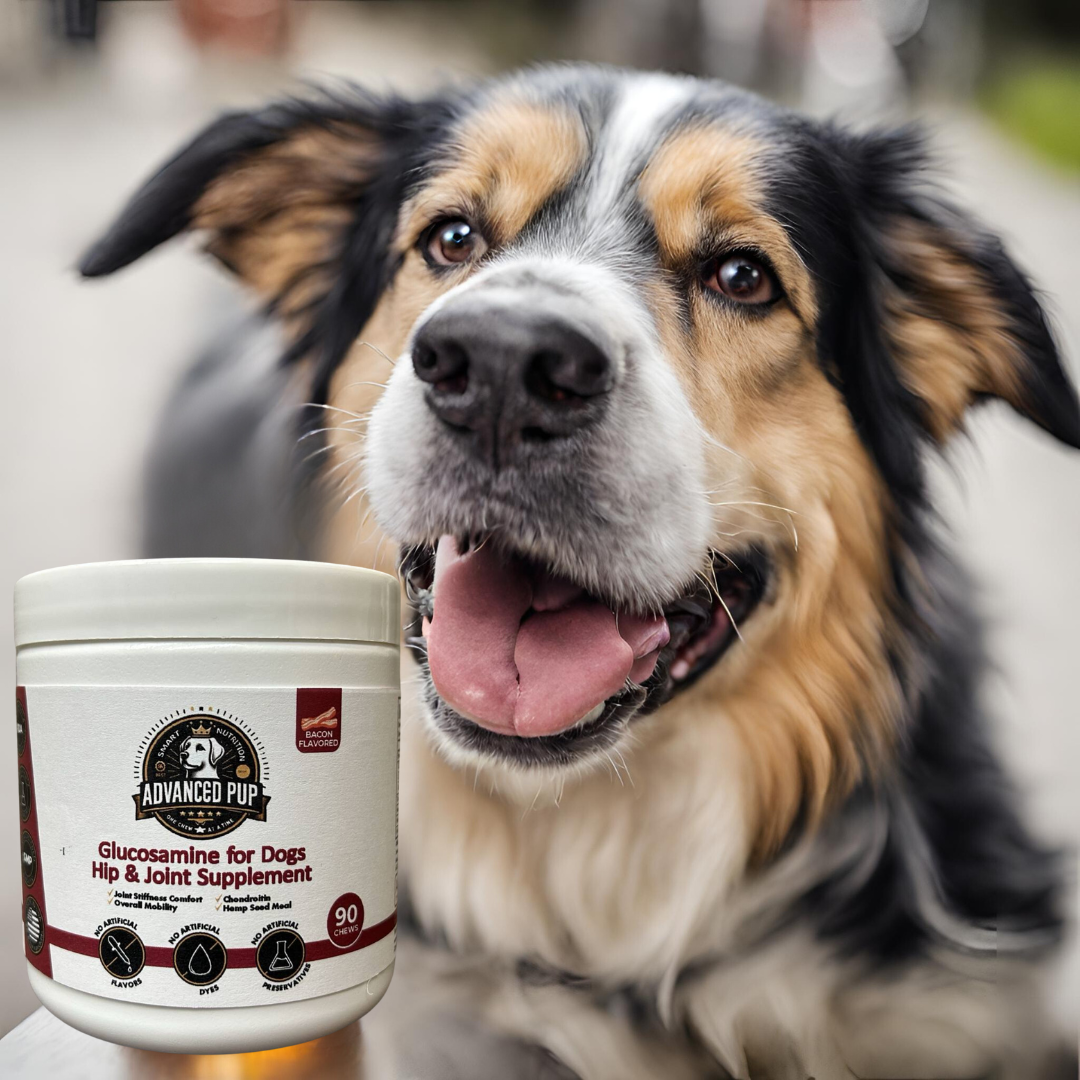If your dog seems sad, understanding the possible underlying causes, including health-related reasons, is essential. Here are some key factors to consider:
Health-Related Reasons for a Sad Dog
Pain or Discomfort: Dogs may appear sad if they are experiencing pain or discomfort. Conditions such as arthritis, hip dysplasia, or other joint issues can cause significant distress. These ailments often lead to stiffness and reduced mobility, particularly in older dogs. Monitoring your dog’s movement and consulting a vet if you notice limping or difficulty rising can help address these issues.
Illness: Various illnesses, including infections, hypothyroidism, or gastrointestinal problems, can affect your dog’s mood and energy levels. Be vigilant for other symptoms like changes in appetite, weight loss, or unusual lethargy, and seek veterinary advice if needed.
Nutritional Deficiencies: An imbalanced diet lacking essential nutrients can impact your dog’s overall well-being. Ensure your dog receives a balanced diet rich in vitamins and minerals to support their health and vitality.
Behavioral and Environmental Factors
Lack of Stimulation: Dogs require regular mental and physical stimulation. Boredom can lead to depressive behaviors. Engage your dog with interactive toys, puzzle feeders, and regular play sessions to keep their mind and body active.
Social Isolation: Dogs are social animals and may feel sad if they don’t get enough interaction with their human family or other pets. Make time for bonding activities like walks, playtime, or simply sitting together.
Changes in Routine: Significant changes in daily routines, moving to a new home, or the loss of a family member can impact a dog’s emotional state. Maintaining a consistent routine can provide a sense of security for your dog.
Hip and Joint Stiffness Concerns
Joint stiffness, particularly in the hips, can be a significant source of discomfort and sadness for dogs. Conditions such as arthritis or hip dysplasia are common in many breeds, especially as they age. Symptoms include difficulty in getting up, reluctance to climb stairs, and visible limping or favoring one leg. Regular veterinary check-ups can help diagnose these issues early. Treatments may include AdvancedPUP Glucosamine for Dogs Hip and Joint Supplement, weight management, anti-inflammatory medications, and tailored exercise regimes to maintain mobility and reduce pain.
If your dog seems persistently sad, consult a veterinarian to rule out any medical conditions and consider behavior modification strategies to improve their mental health. Proper care, attention, and a stimulating environment can help keep your dog happy and healthy. 🐾




